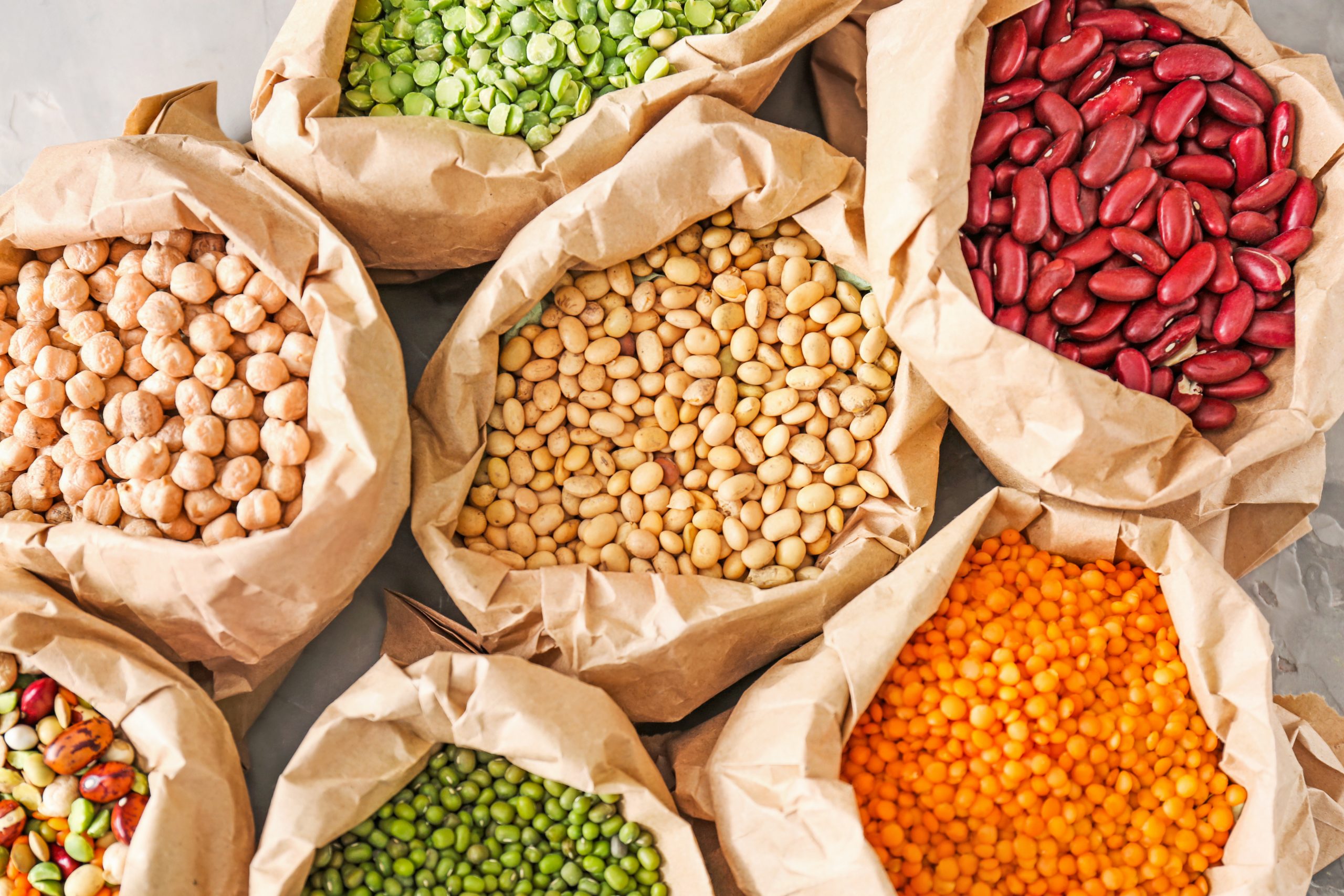

Unlocking The Power Of Vegan Protein: A Comprehensive Guide
In recent years, vegan protein has gained immense popularity among health enthusiasts, athletes, and those seeking a more sustainable lifestyle. As more individuals turn to plant-based diets, understanding the benefits and sources of vegan protein becomes essential. This article delves into the various aspects of vegan protein, including its sources, benefits, and how to effectively incorporate it into your diet.
With a growing number of people embracing veganism for health and ethical reasons, the demand for plant-based protein options has surged. Vegan protein not only provides essential amino acids required for muscle repair and growth but also offers numerous health benefits. In this article, we will explore the different types of vegan protein sources, the science behind their effectiveness, and practical tips for integrating them into your meals.
Whether you are a seasoned vegan, a vegetarian, or simply exploring plant-based options, this comprehensive guide to vegan protein will equip you with the knowledge needed to make informed dietary choices. So, let's dive into the world of vegan protein and discover how it can enhance your health and well-being.
Table of Contents
- 1. What is Vegan Protein?
- 2. Benefits of Vegan Protein
- 3. Sources of Vegan Protein
- 4. How to Incorporate Vegan Protein into Your Diet
- 5. Myths About Vegan Protein
- 6. Vegan Protein Supplements
- 7. Delicious Vegan Protein Recipes
- 8. Conclusion
1. What is Vegan Protein?
Vegan protein is derived from plant-based sources, providing a complete amino acid profile needed for human health. Unlike animal protein, which can contain saturated fats and cholesterol, vegan protein is typically low in fat and high in nutrients. Plant-based proteins come from various sources, including legumes, nuts, seeds, and grains. Understanding vegan protein is crucial for anyone considering a plant-based diet.
2. Benefits of Vegan Protein
Incorporating vegan protein into your diet offers numerous health benefits:
- Improved Heart Health: Vegan protein sources are often lower in saturated fats, reducing the risk of heart disease.
- Weight Management: Plant-based proteins can help in weight loss and management due to their high fiber content, promoting satiety.
- Enhanced Digestion: Vegan proteins are generally easier to digest and can improve gut health.
- Reduced Inflammation: Many plant-based proteins contain antioxidants that help reduce inflammation in the body.
3. Sources of Vegan Protein
Vegan protein can be found in a variety of delicious and nutritious foods. Here are some primary sources:
3.1 Legumes
Legumes such as lentils, chickpeas, black beans, and kidney beans are excellent sources of vegan protein. They are rich in fiber and essential nutrients, making them a staple in many plant-based diets.
3.2 Nuts and Seeds
Nuts and seeds, including almonds, chia seeds, hemp seeds, and pumpkin seeds, provide healthy fats along with protein. They can be easily added to smoothies, salads, or consumed as snacks.
3.3 Grains
Whole grains such as quinoa, brown rice, and oats are also good sources of vegan protein. Quinoa, in particular, is a complete protein, containing all nine essential amino acids.
3.4 Vegetables
Some vegetables, like spinach, broccoli, and Brussels sprouts, also contain protein. While the amount may be lower compared to legumes or nuts, incorporating a variety of vegetables can contribute to your overall protein intake.
4. How to Incorporate Vegan Protein into Your Diet
Here are some practical tips for integrating vegan protein into your daily meals:
- Start Your Day with Protein: Add chia seeds or nut butter to your breakfast smoothie or oatmeal.
- Snack Smart: Keep nuts, seeds, or protein bars handy for healthy snacking.
- Include Legumes in Salads: Toss chickpeas or black beans into salads for added protein.
- Experiment with Meat Alternatives: Try tofu, tempeh, or seitan in your favorite dishes.
5. Myths About Vegan Protein
Despite its growing popularity, several myths surround vegan protein that can lead to misconceptions:
- Myth 1: Vegan protein is incomplete - While some plant proteins are lower in certain amino acids, combining different sources can create a complete protein profile.
- Myth 2: You can't build muscle on a vegan diet - Many athletes successfully build muscle using plant-based protein sources.
6. Vegan Protein Supplements
Vegan protein supplements, such as pea protein, brown rice protein, and hemp protein, are popular among those looking to increase their protein intake. These supplements can be convenient for busy lifestyles and can be added to smoothies, shakes, or baked goods.
7. Delicious Vegan Protein Recipes
Here are three easy vegan protein recipes to try:
- Lentil Soup: A hearty and nutritious soup packed with lentils and vegetables.
- Chickpea Salad: A refreshing salad combining chickpeas, cucumbers, and a lemon-tahini dressing.
- Quinoa Stir-Fry: A quick stir-fry with quinoa and a mix of your favorite vegetables.
8. Conclusion
In summary, vegan protein is an essential component of a healthy, balanced diet. With numerous sources available, it provides a wealth of benefits, from improved heart health to better digestion. By understanding the various sources and how to incorporate vegan protein into your meals, you can enjoy a nutritious and satisfying plant-based diet.
If you found this article helpful, please leave a comment below or share it with your friends who are interested in exploring vegan protein options. Don't forget to check out our other articles for more tips on healthy living!
Thank you for reading, and we look forward to seeing you back on our site for more informative content!
Date Night Ideas: Creative Ways To Connect With Your Partner
Understanding Life Path Number: A Guide To Unlocking Your True Potential
Where Do Deep Sea Isopods Live? An In-Depth Exploration


